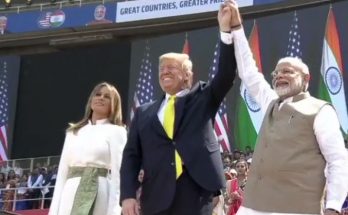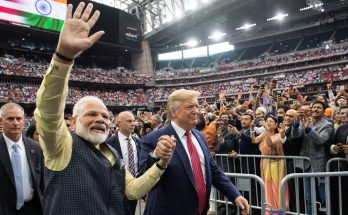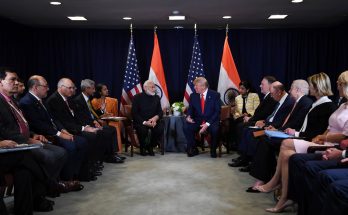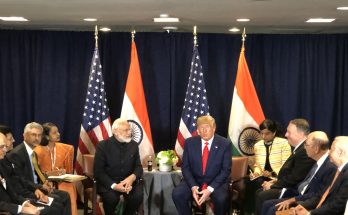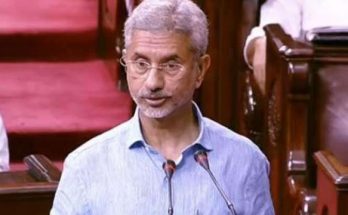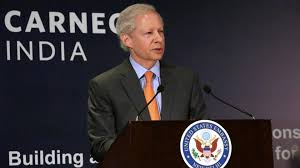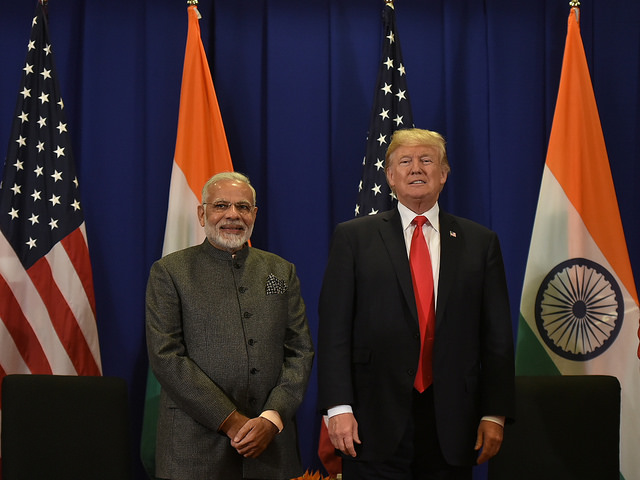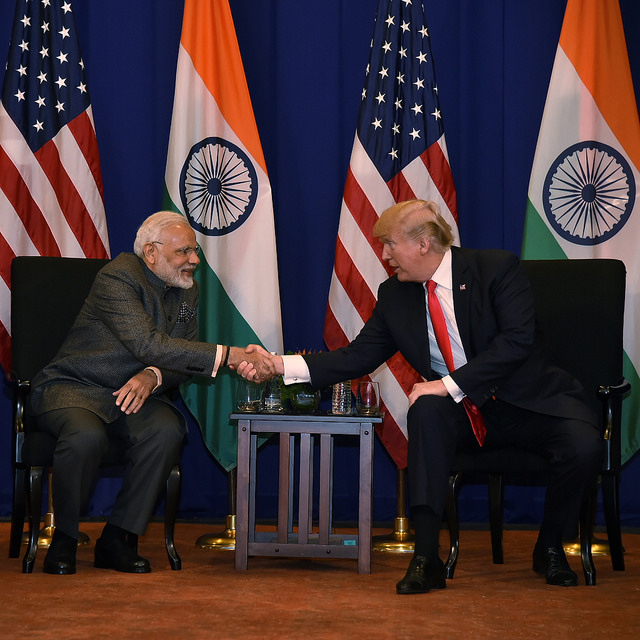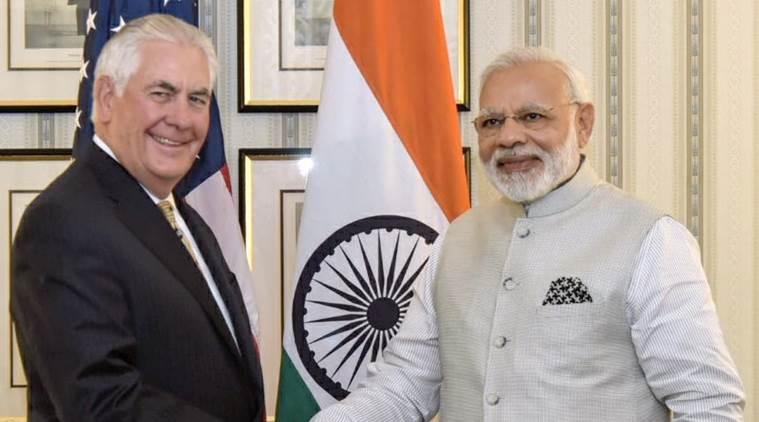Ahead of his maiden visit to India, US Secretary of State Rex Tillerson has projected the US as the reliable partner India needs, positioning New Delhi and Washington as two “two bookends of stability” in the Indo-Pacific region which is being challenged by China’s “irresponsible” rise.
Courting India ahead of his first official visit to New Delhi next week, Mr Tillerson projected an upbeat trajectory of the India-US relations that have been on an upswing ever since President Donald Trump assumed office earlier this year. In a defining foreign policy speech at an American think tank, Center for Strategic and International Studies, Mr. Tillerson said that the US is “determined to dramatically deepen ways” to build an “ambitious partnership” with India, particularly with an eye on the Indo-Pacific region and China, which will have “far-reaching implications for the next 100 years.”
Going by Mr Tillerson’s comments, it would appear that the US is pushing for a renewed China containment strategy, with India as a key balancer against China’s assertiveness. Should India offer to be part of this strategy? Opinion is divided among India’s strategic establishment. Meera Shankar, India’s former ambassador to the US, has struck a note of caution. “It’s a culmination of the trend of strengthening strategic partnerships in the region by the US to balance China,” Mrs Shankar told India Writes Network. “A stronger India will ipso facto act as a balancer, without getting into overt containment strategy,” she said. The US should help to bolster India’s rise and capabilities, she said.
Read More